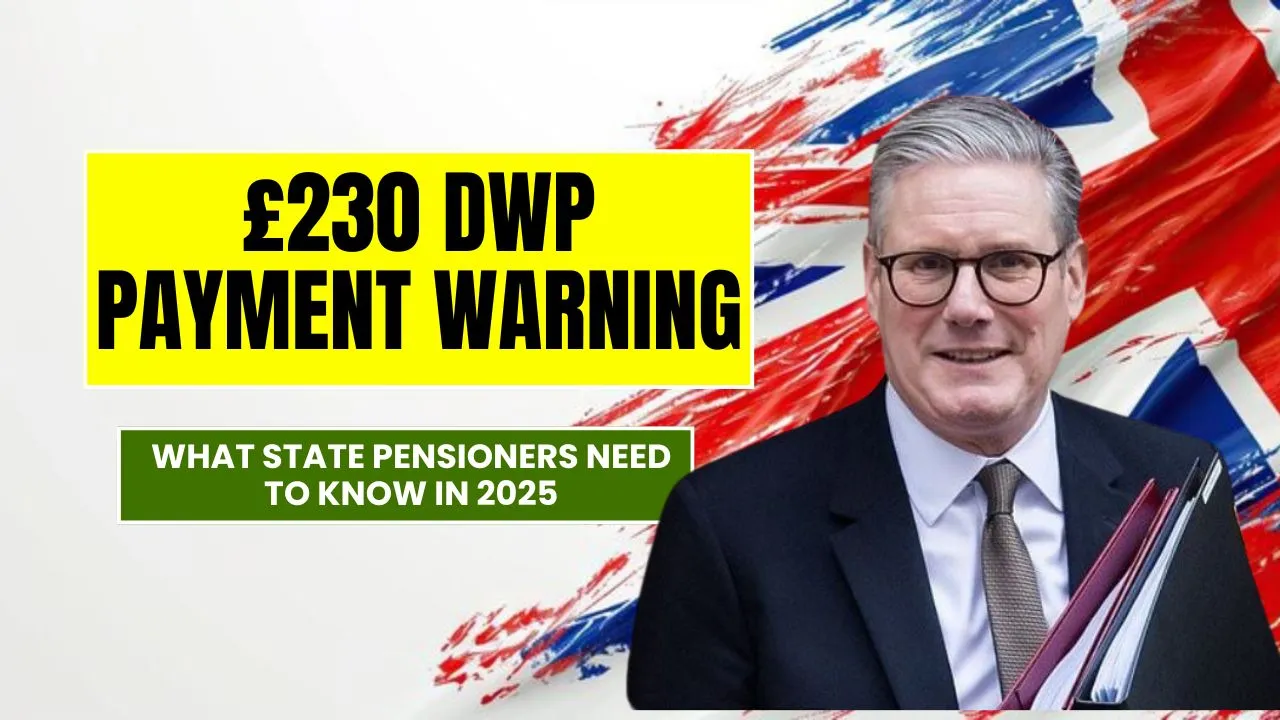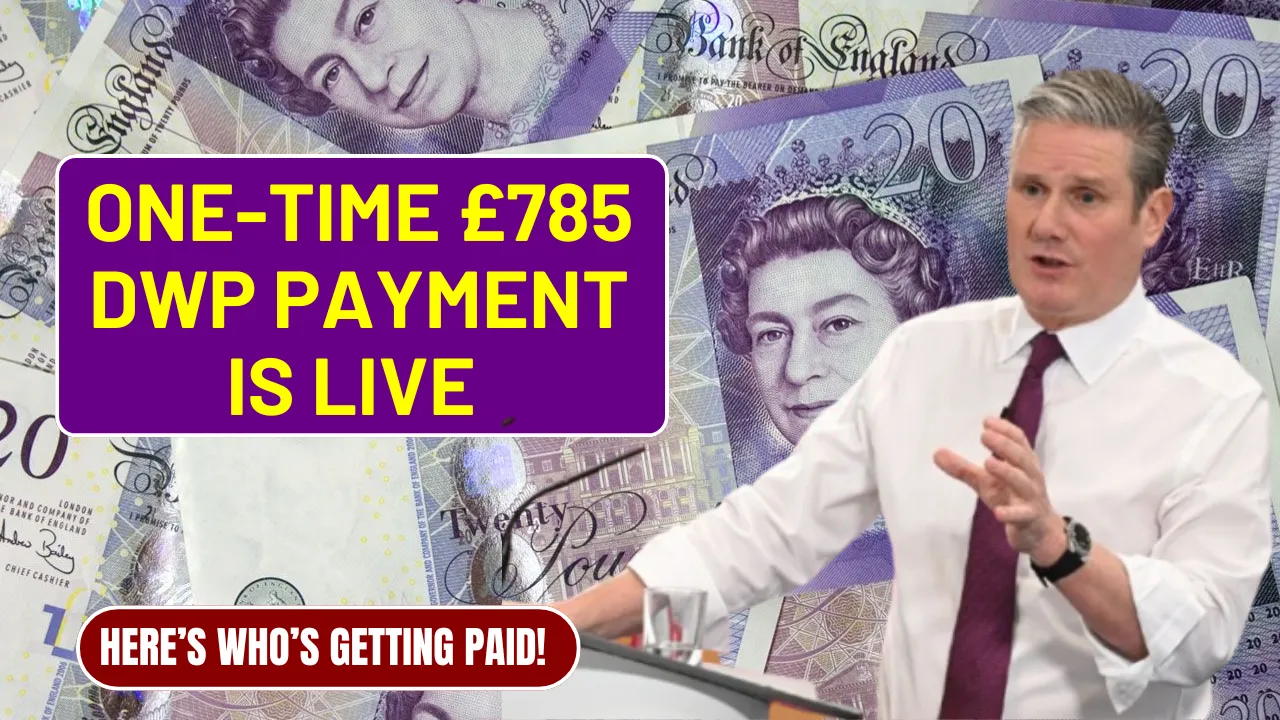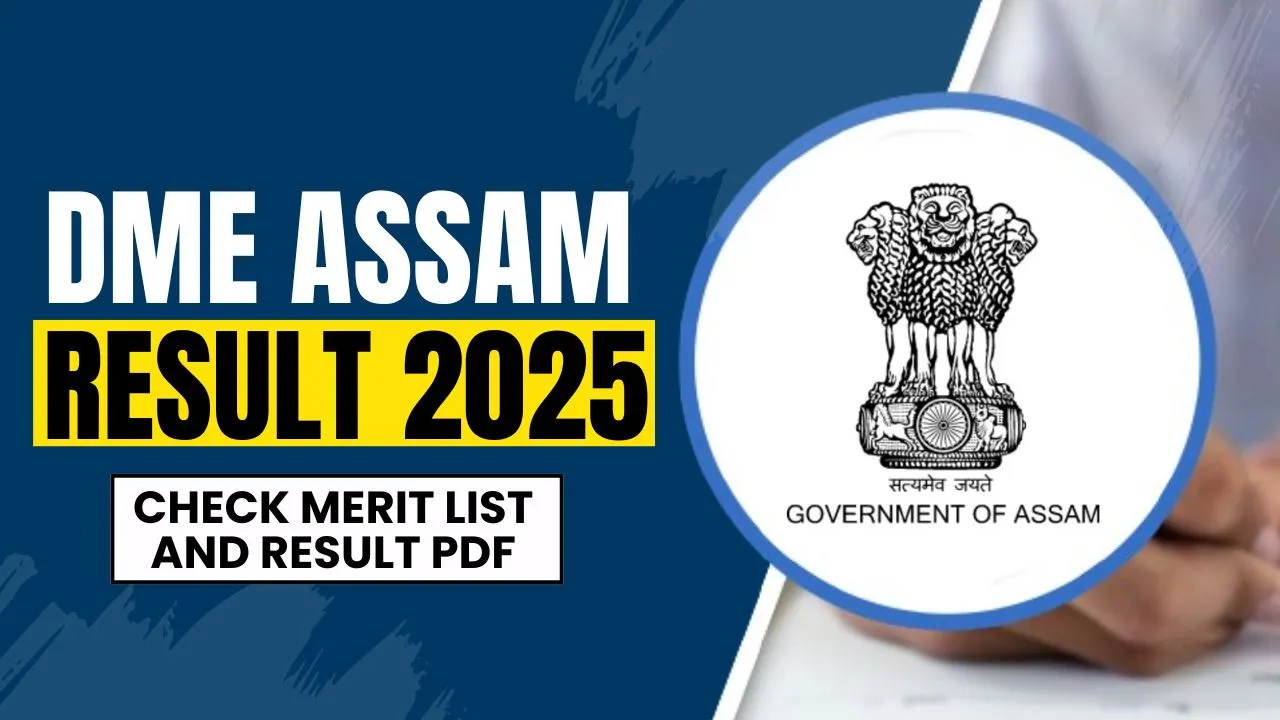DWP £230 Payment 2025: Thousands of pensioners across the UK have been left in shock after discovering they may have been underpaid for years by the Department for Work and Pensions (DWP). The issue has triggered widespread concern, especially among elderly women who rely heavily on state pension income to meet their daily needs.
In this article, we’ll walk you through what the DWP £230 Payment 2025 issue is all about, who is affected, how much may be owed, and how to find out if you or your family members are impacted. With more than £835 million estimated in unpaid pension funds, understanding the facts is crucial.
DWP £230 Payment 2025
The DWP £230 Payment 2025 warning refers to underpayments made to state pensioners over several years. Most of those affected are women whose pension entitlements changed due to marital status, widowhood, or age but were never updated correctly in the DWP system.
This issue dates back to errors in the older pension system, which relied on manual record updates. Many of the changes that should have triggered increased pension payments were not processed, leaving pensioners receiving less than what they were entitled to.
A correction exercise began in 2021 and is still ongoing in 2025. So far, over 150,000 pensioners have received repayments, but many more are still waiting or unaware they are owed money.
Overview Table: £230 DWP Payment Warning
| Key Information | Details |
| Total Pensioners Affected | Around 237,000 |
| Groups Most Affected | Married women, widows, over-80s (Category D) |
| Total Arrears Owed | Estimated £835 million |
| Average Repayment (Married Women) | £5,173 |
| Average Repayment (Widows) | £12,383 |
| Average Repayment (Over-80s) | £2,192 |
| Correction Effort Started | January 2021 |
| Amount Repaid as of 2025 | £571 million to over 150,000 pensioners |
| How to Check If Affected | Contact Pension Service or check via GOV.UK |
| Contact Method | GOV.UK portal or DWP helpline |
Who Has Been Affected?
A total of nearly 237,000 pensioners have been affected by this issue. The groups most impacted are:
- Married women who should have seen an increase in their pension once their husbands reached pension age.
- Widows entitled to survivor benefits that were not properly updated in the system.
- Individuals over 80 who qualify for a Category D pension, which should be provided regardless of National Insurance contributions.
The common thread among these groups is a dependency on the state system to track changes and adjust payments. Due to system flaws, those adjustments didn’t happen.
How Much Is Owed?
The estimated total owed by the DWP is £835 million. Here’s how the average repayments break down by group:
- Married women: £5,173
- Over-80s: £2,192
- Widows: £12,383
In some cases, individuals are owed over £40,000. The longer the underpayment went undetected, the larger the amount due. These errors not only had financial consequences but also affected people’s mental well-being and trust in the system.
What Caused the Underpayments?
The issue stems from the structure of the old state pension system, which was in place before April 6, 2016. This system required manual updates to accounts when a pensioner’s situation changed, such as marriage or bereavement.
If those updates weren’t submitted or processed, the pension remained at its previous rate. This disproportionately affected women, many of whom spent years as homemakers or carers and depended on spousal pension entitlements.
The outdated manual process failed thousands, especially those who didn’t know they were supposed to receive more.
What Is the Government Doing About It?
To correct the issue, the DWP started a pension correction program in January 2021. As of 2025, over £571 million has been returned to more than 150,000 pensioners. However, many cases are still being reviewed.
The DWP has promised to work “as quickly as possible” to finish the review and repay all those affected. Until the correction is complete, more people may come forward or be identified through the ongoing review process.
How Can You Check If You’re Owed Money?
If you think you or someone in your family may be affected, you can follow these steps:
- Contact the Pension Service directly through the GOV.UK website or helpline.
- Use the State Pension Forecast tool to check if your current pension matches what you’re entitled to.
- Log in to your Personal Tax Account to view your National Insurance contribution record.
- Seek help from support organisations such as Age UK or Pension Wise for guidance and support.
If the person has passed away, their estate can still receive the back payment, so it’s worth checking.
Public and Political Reaction
The discovery of these underpayments has caused a stir among the public and within Parliament. Politicians and campaigners are urging the government to increase transparency and invest in a more automated and accurate system.
Former pensions minister Steve Webb has called it one of the most serious pension administration failures in the UK’s history. Advocates are pushing for better communication from DWP so pensioners can clearly understand what they are entitled to.
FAQs
Q1. Who is eligible for the £230 DWP payment in 2025?
Eligible individuals include married women, widows, and those over 80 who were underpaid due to system errors.
Q2. How can I check if I was underpaid?
You can contact the Pension Service via GOV.UK or phone, use the State Pension Forecast tool, or consult advisory services.
Q3. Will I be notified if I’m owed money?
In some cases, yes. But it’s recommended to check proactively, especially if your pension amount seems lower than expected.
Q4. Can a deceased person’s estate claim the underpaid pension?
Yes, the estate of a deceased individual who was underpaid can still receive the funds.
Q5. Is there a deadline to claim the money?
There is no formal deadline, but it’s best to act quickly to ensure a review is initiated and any owed amount is repaid.
Final Thoughts
The DWP £230 Payment 2025 highlights how administrative errors can deeply affect people’s lives, especially those depending on their pension. While the government is working to fix these issues, individuals must stay informed and take steps to check their entitlements.











